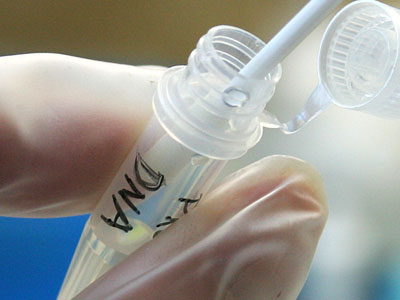If you’re going to write a Ph.D. dissertation, probably you wrote many academic papers before. But it’s more difficult and complex than other kinds of papers, so you need to spent much time on it.
How to prepare yourself for writing a Ph.D. dissertation
At first, you should read other dissertations, which were well accepted and helped their authors to get higher results. Try to find academic papers, which are connected with the thesis, topic, and subject of your work. It helps you to understand how to organize a dissertation, how to divide it into chapters, how to choose a thesis and support it.

You should also create a timetable and a plan of your work for next weeks and months. It’s good approach for those students who want to complete a dissertation before a deadline. You can see how much time you need and how many hours you can spend on writing.
Don’t forget about modern software, which helps you to work faster. It’s not only about text editors because there are much more interesting applications which save your time and help in writing.
Write a thesis and introduction to dissertation carefully
Ph.D. dissertation is a big formal document, every part of which must support the main thesis. So you should choose defendable thesis, something you believe in and can prove by scientific evidence.
The introduction also matters. Most of the people start reading the document from this part, and if they are not engaged, it’s hard to make them read further. Introduction should be interesting and it should also support the main thesis of your work. There is a method of writing the introduction after you’ve completed all other chapters.
Things you must know before writing a Ph.D. dissertation
It’s hard to describe a full process of writing a big academic paper in a small article. But here you can find several ideas that may help you to write your work better and get best results.
You should make your dissertation original and unique. It doesn’t mean that you must invent new terms or not use other sources. It’s good to use fragments of other scientific papers for supporting your arguments, but there must be a big part of your own research.
Sometimes you have to spend much time on experiments, public surveys, laboratory works, and other elements of a research. So you should make a plan which allows you to finish all those activities on time. You’ll have enough time to work with results of a research.
You should avoid adverbs like Very, Often, etc. They are not formal, it’s better to use specific numbers. It’s also not very good to put jokes and anecdotes into your academic papers. Avoid words like Bad and Good, if they express your own judgments.
Always be specific in the sentences to make sure your readers will understand everything. You must also check all the sources, text and tables, figures and illustrations. Make sure you use reliable sources which are approved by scientific society.








